Humans
Sign up for our newsletter
We summarize the week's scientific breakthroughs every Thursday.
-
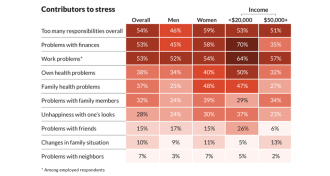 Health & Medicine
Health & MedicineSurvey catalogs what is stressing out Americans
Along with work and other responsibilities, health problems are prominent causes of stress.
-
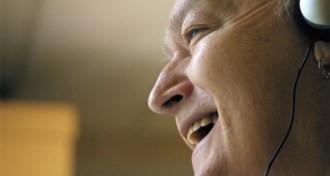 Neuroscience
NeuroscienceMusic soothes the aging brain in film ‘Alive Inside’
A social worker highlighted in a new documentary goes on a quest to bring tunes to nursing homes.
-
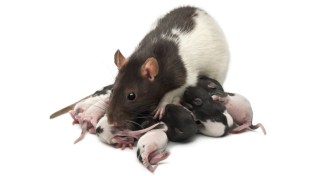 Health & Medicine
Health & MedicineRat moms’ behavior reflected in their babies’ brains
Grooming, nursing and other maternal behaviors cause brain signal changes in offspring, a study in rats finds.
-

-
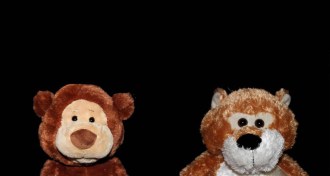 Psychology
PsychologyBilingual homes may give babies a learning lift
Hearing two languages during the first six months of life linked to an early mental advantage.
By Bruce Bower -
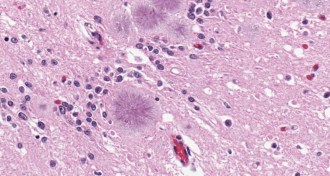 Health & Medicine
Health & MedicineNew tests screen for lethal prion disease
Urine and nasal swabs can detect small amounts of the abnormal prions that cause Creutzfeldt-Jakob disease.
By Nsikan Akpan -
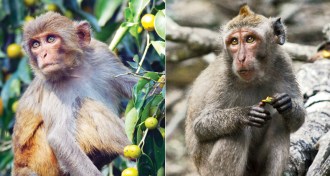 Life
LifeAirborne transmission of Ebola unlikely, monkey study shows
No evidence found of macaque monkeys passing deadly virus to each other.
-
 Health & Medicine
Health & MedicineTwo American Ebola patients given experimental therapy
The two American missionaries who contracted Ebola in Liberia have been treated with an experimental therapy that consists of antibodies to fragments of the deadly virus.
-
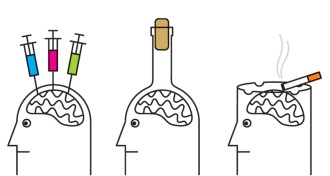 Psychology
PsychologyAddiction showcases the brain’s flexibility
People with substance abuse disorders are not just chasing a high. Their brains are adapting to the presence of drug, evidence of humans’ impressive neural plasticity.
-
 Anthropology
Anthropology‘Hobbit’ may have been human with Down syndrome
A reanalysis of a skull scientists used to argue for the hobbit species Homo floresiensis suggests the woman was a modern human with features of Down syndrome.
-
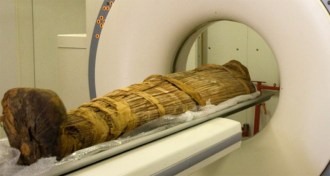 Health & Medicine
Health & MedicineMummies reveal hardened arteries
Mummy studies suggest heart disease is an ancient malady, not just the product of modern diets and sedentary lifestyles.
-
 Health & Medicine
Health & MedicineSeven facts and a mystery about hand, foot and mouth disease
Hand, foot and mouth disease is a viral illness that most kids get before age 5. Several different viruses cause the condition, which causes blisters and fevers.